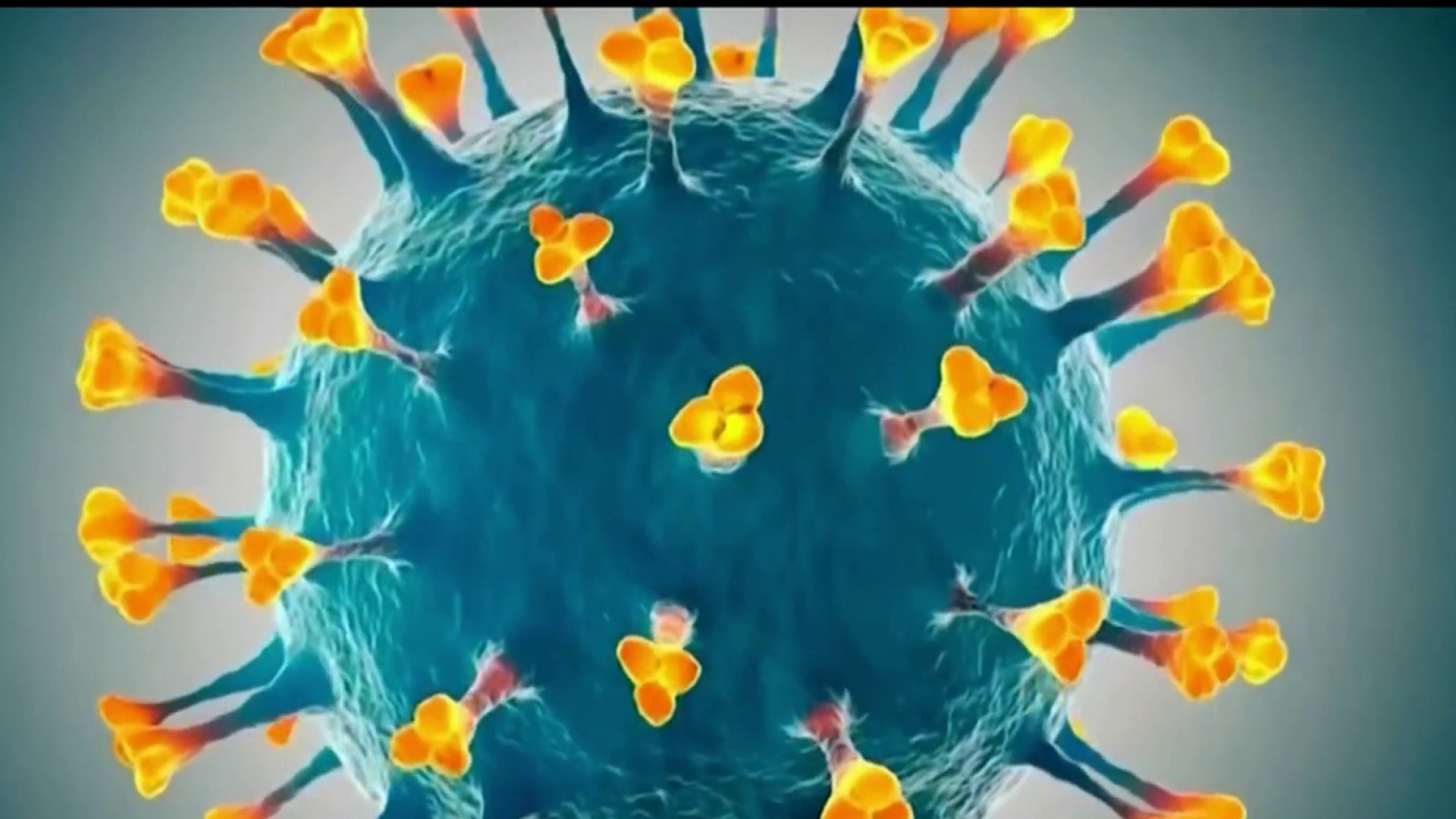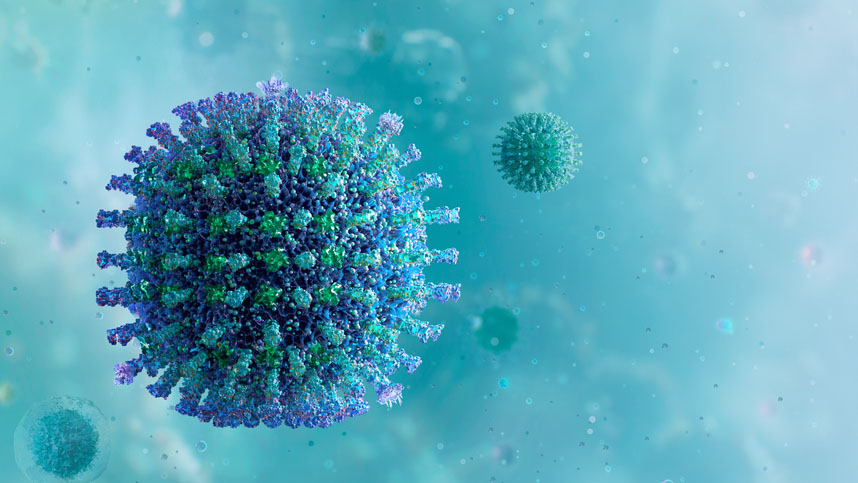Masking in schools this fall is one of the big safeguards recommended by local experts in pediatric medicine to protect students and teachers inside classrooms and on school buses.
Masks worn as students interact with their classmates and others at school will also protect family members once young people return home, two leading pediatricians told NBC10 in interviews this week.
All adults, and as many students as possible who are 12 years and older and therefore eligible for the COVID vaccine, should be vaccinated if they are going to be in school, the experts said.
"My argument would be that (COVID) poses a significant threat to children, mainly children under 12, and the reason for that is obvious," Dr. Stephen Aronoff, Waldo E. Nelson Chair and professor of pediatrics at the Lewis Katz School of Medicine at Temple University, said. "They will remain unvaccinated until the Pfizer and Moderna vaccines are approved by the FDA. You’ll need all the social distancing and mask-wearing, like we needed during the peak of the pandemic last year. And all the adults should be vaccinated."
Get top local stories in Philly delivered to you every morning. Sign up for NBC Philadelphia's News Headlines newsletter.
Aronoff and another leading authority on pediatric care, Dr. Stephen Eppes, Vice Chair of the Department of Pediatrics and associate infection prevention officer at ChristianaCare in Delaware, both believe that young people returning to schools will be among the most susceptible to coronavirus infections with the rise of Delta variant.
New Jersey and Delaware state authorities have already mandated mask-wearing by everyone in all schools this upcoming year, which both Aronoff and Eppes support as a key component of a prevention strategy.
Pennsylvania public health officials have yet to require masks for all students and employees when the school year begins.
"There is abundant evidence that masks work, not just for kids but everybody," Eppes said. "Schools that used masks fared better last year than schools that didn’t mask. The mask mandate is a hot topic politically, I understand that. I’m not sure what will ultimately happen in Pennsylvania. But I think it’s a great idea. I don’t think it’s a whole lot to ask. People talk about civil liberties and the right to choose for themselves, but it’s not a lot to ask."
Eppes said he's encouraged by a study that came out this week from the Kaiser Family Foundation that found 63% of parents polled nationwide support masking in schools.
When Will Children Younger Than 12 Years Old Be Able to Get the Vaccine?
Pfizer and Moderna have been testing their vaccines for use on children under 12 since March, and both Aronoff and Eppes said they expect emergency authorization approval from the U.S. Food and Drug Administration by late fall or early winter.
That would bring relief to parents who are worried about sending their unvaccinated children to school in a few weeks.
Should Students Wear Masks on Buses to and From School? Should Students Wear Masks During Extracurricular Activities?
The overarching question when it comes to masking, Aronoff said, revolves around risk. He said there are two big factors that help determine the risk: test positivity rate and case count.
There is also the percentage of the local population that is vaccinated, Aronoff added.
All of those indicators for the entire Philadelphia region, from Delaware to central New Jersey and southeastern Pennsylvania to the Lehigh Valley, show that masks should be worn by students once they get on the school bus in the morning and until they get off the school bus later in the day, Aronoff and Eppes said.
Is Wearing a Mask Bad for Students, Mentally or Physically?
Both experts said there is no evidence that masking is detrimental to young people -- or anyone.
Are Young People Susceptible to the Delta Variant?
In Texas, Houston's Children's Hospital is facing an "alarming" rise in COVID cases among young people. Similar outbreaks related to the more contagious Delta variant are happening in Louisiana, Missouri and Florida.
The Philadelphia region has yet to experience high case counts among children, but the experts say that's because communities have been diligent in following public health officials' recommendations.
"What’s going on in Texas and Louisiana and other areas is just heart-wrenching," Eppes said. "And it’s avoidable and preventable."



